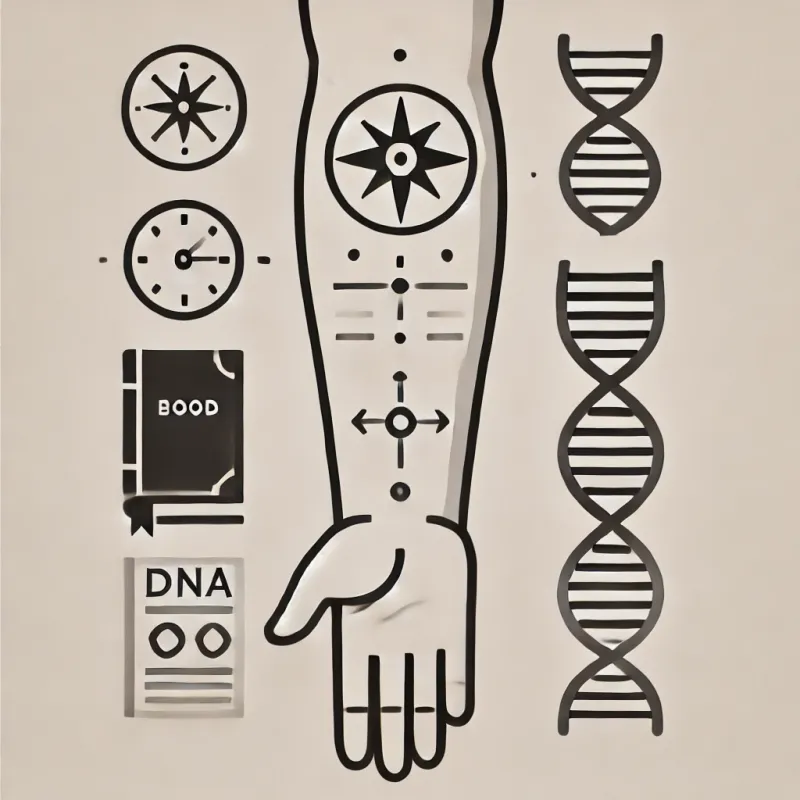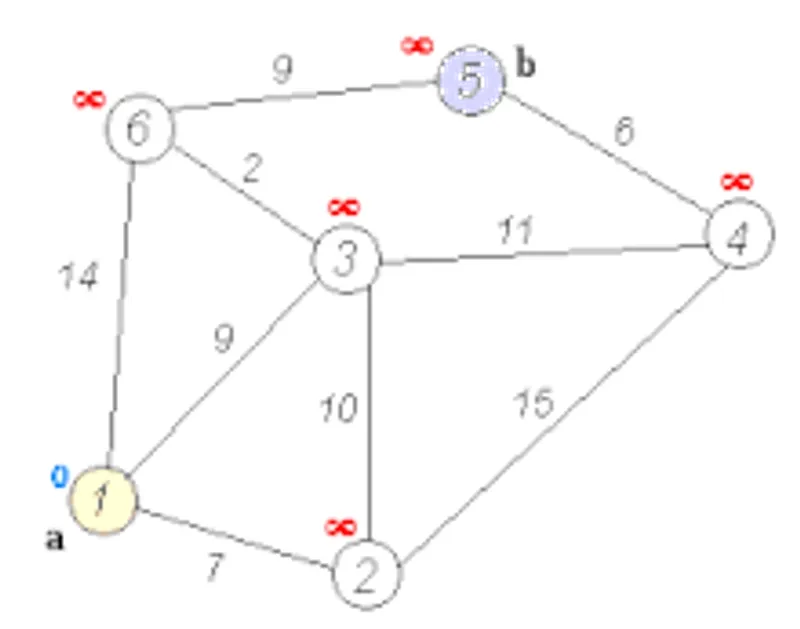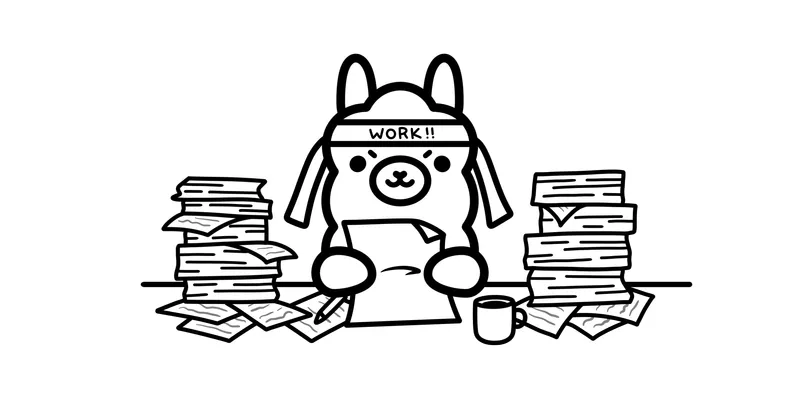Published on JAN 21 2025 by James Smith
Is your boss incompetent? Probably

The Peter Principle is a management theory introduced by Dr. Laurence J. Peter in his 1969 book The Peter Principle: Why Things Always Go Wrong. It humorously observes that in hierarchical organizations, employees are often promoted based on their performance in their current role rather than their suitability for the next. This creates a situation where individuals continue to rise through the ranks until they reach a position for which they are incompetent, resulting in inefficiency at higher levels of management.
Level of Incompetence
Peter’s insight challenges the assumption that career progression always reflects merit. It highlights how skills that lead to success in one role may not translate to another. For example, a stellar salesperson promoted to a managerial role may struggle with leadership responsibilities, despite excelling in their previous job. Over time, this can create a workplace filled with individuals operating at their “level of incompetence.”
Dr. Peter’s observations extend beyond humor to explore organizational inefficiencies and their broader implications. The theory suggests that incompetence isn’t just a personal failing but often a systemic result of poorly aligned promotion practices. It also emphasizes the importance of designing roles that play to an individual’s strengths rather than pushing them into positions that mismatch their abilities.
Dilbert
Peter’s ideas have inspired further studies on workplace dynamics and decision-making. Related works like Scott Adams’ Dilbert Principle extend the concept by suggesting that the least competent employees are sometimes intentionally promoted to positions where they can do the least damage. Modern organizational psychology has also examined how to counteract the Peter Principle by implementing merit-based systems that assess future potential rather than past performance.
Although some critics argue the Peter Principle oversimplifies workplace dynamics, its core insight endures: organizations thrive when they place people in roles suited to their skills and provide pathways for growth that align with individual strengths.
The Dunning-Kruger Effect
The Peter Principle intersects intriguingly with the Dunning-Kruger Effect, a cognitive bias described by psychologists David Dunning and Justin Kruger. This phenomenon occurs when individuals with low competence in a domain overestimate their abilities, while those who are highly skilled tend to underestimate theirs. In the workplace, this bias can exacerbate the effects of the Peter Principle, as overconfident yet underqualified individuals may be promoted based on their self-assurance rather than actual competence. This misjudgment can lead to the acceleration of inefficiency within an organization, as perceived capability overtakes genuine skill in promotion decisions.
Written by James Smith
← Home























